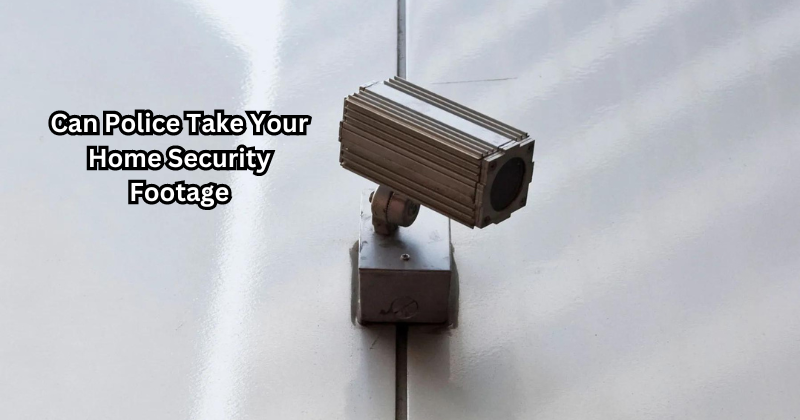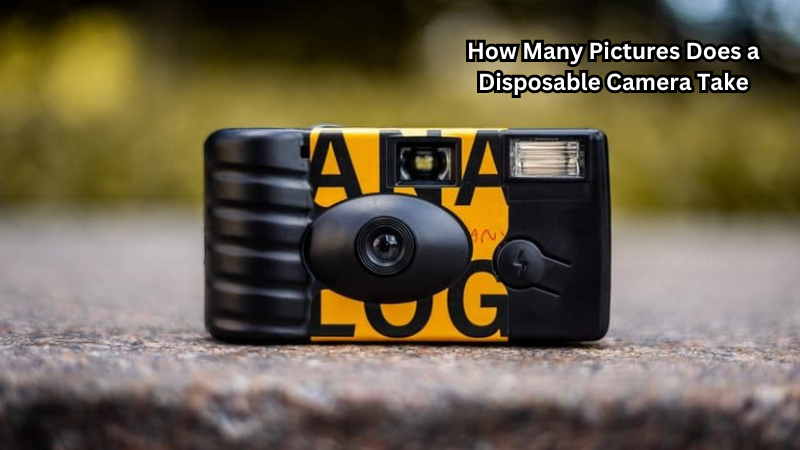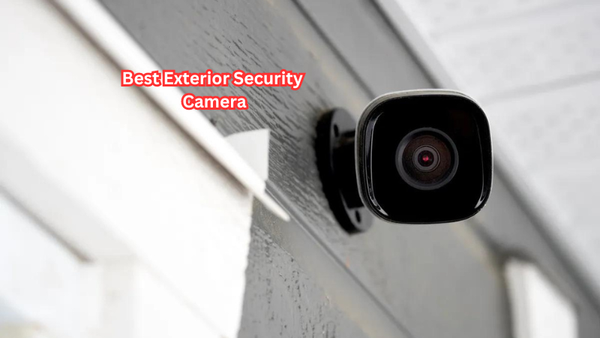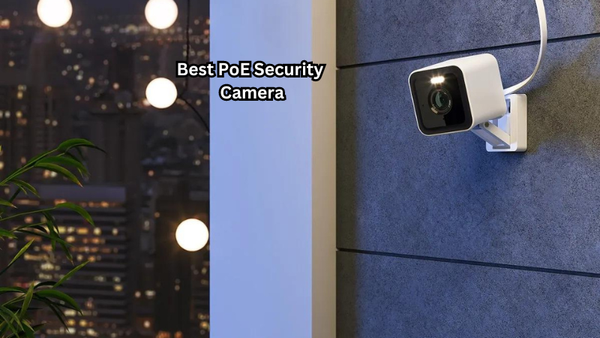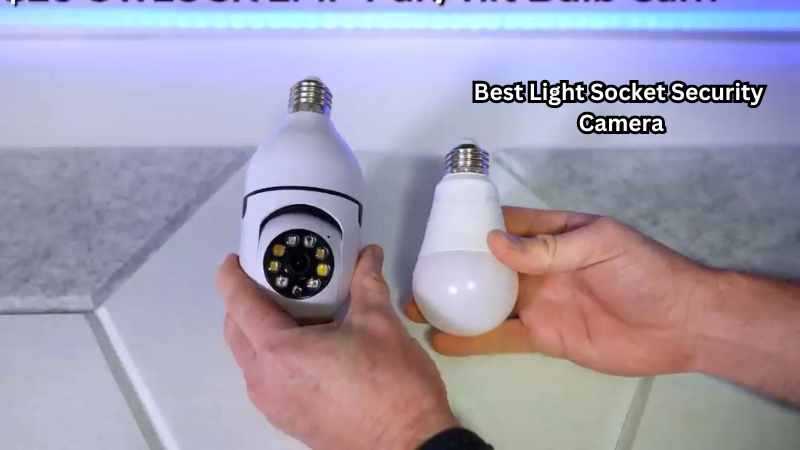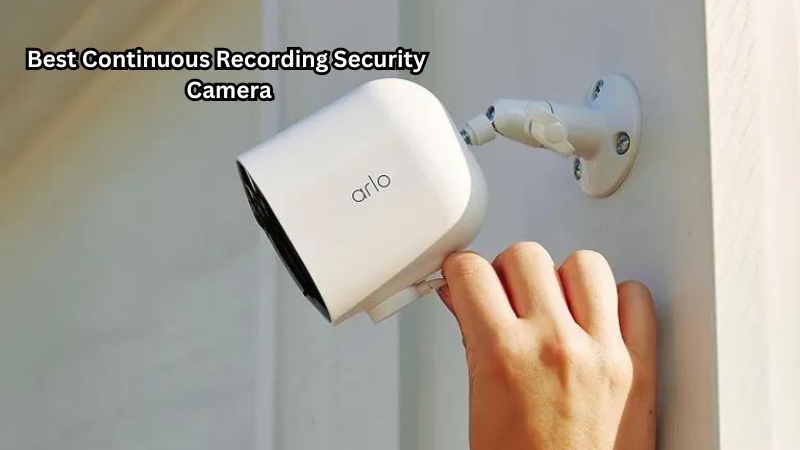When it comes to the question of whether police can access your home security footage, privacy concerns and legal regulations often intersect.
In many jurisdictions, the police can request access to your home security footage under certain circumstances, such as during criminal investigations or with a valid warrant. Understanding your rights and the laws governing surveillance and privacy is crucial in navigating these situations.
This introduction delves into the complex dynamics between homeowners' privacy rights and law enforcement's investigative needs, shedding light on the considerations surrounding the access and use of home security footage by the police.
Legal Framework for Police Access to Home Security Footage
The legality of police access to home security footage is governed by federal and state laws, as well as local ordinances. These laws vary across jurisdictions and are subject to change.
In general, local law enforcement agencies have the authority to request access to surveillance footage from private residences if it is pertinent to an investigation or court case. However, they must follow strict guidelines and procedures when obtaining this footage.
One key consideration is the Fourth Amendment of the United States Constitution, which protects against unreasonable searches and seizures by government officials. This means that police cannot simply enter your property and seize your home security footage without a valid reason and proper authorization.
Can Police Take Your Home Security Footage?
The answer to this question depends on the specific circumstances and laws in your jurisdiction. Generally, police can access your home security footage if it is deemed relevant to an ongoing investigation or court case. This may include situations such as:
- Suspected burglary or break-in
- Vandalism or property damage
- Assault or physical violence
- Missing persons cases
In these situations, law enforcement agencies may request access to your surveillance footage for evidence-gathering purposes.
Giving Security Camera Footage to Police: When & Why?
Now that we've established that police can potentially access your home security footage, you may be wondering when and why you should comply with such requests. Here are scenarios in which it may be appropriate to give your security camera footage to the police:
Criminal Activity:
If your home security system captures footage of a crime being committed on or near your property, it is important to share this information with the police. This can help them identify suspects and possibly prevent future crimes. Police officer can also use your footage to gather evidence for legal proceedings.
Court Order:
Another option police have to seize security camera footage is via a warrant or similar court order. Warrants allow police to take home security devices and examine them, including any local storage you have. Therefore, avoiding cloud storage won't necessarily prevent law enforcement from accessing your footage.
Typically, warrants are granted only when police provide evidence suggesting a crime may have been committed on the property. The issuance of a warrant depends on the court and the judge, but it is a common practice.
Once granted, the warrant becomes active and specifies the scope of where and what it applies to. Therefore, if law enforcement requests access to your home security cameras, you should always ask to view the warrant. If the warrant does not specify a security camera, you are not obligated to provide footage from it.
Incidents Near or On Your Property:
In some cases, police may request access to your home security footage if a crime or incident has taken place near your property. This may include incidents such as accidents, crimes, or suspicious activity in the vicinity of your home. While you are not legally obligated to provide this footage unless there is a warrant, cooperating with law enforcement may help them investigate and potentially solve a case.
Safety Issues and Concerns:
Aside from criminal activity, there may be other situations where giving your home security footage to the police can help protect you and others. For example, if a child or elderly person is reported missing in your neighborhood, sharing any relevant surveillance video footage with law enforcement can aid in their search warrant efforts.
Emergency Situations:
In potentially life threatening emergency situations, such as fires or medical emergencies, police may request access to your home security footage to assess the situation and respond accordingly. In these instances, it is important to prioritize the safety of yourself and others over privacy concerns.
Protecting Your Privacy Rights
While there are instances where police may have the authority to access your home security footage, it is important to understand and protect your privacy rights. This includes:
- Knowing the laws in your jurisdiction regarding surveillance and privacy
- Reviewing any requests for access to your footage carefully and consulting with an attorney if needed
- Ensuring that proper legal procedures, such as obtaining a warrant, are followed by law enforcement before providing access to your footage
- Keeping backups of your security footage in case it is needed for your own legal defense
- Regularly reviewing and deleting any footage that is no longer relevant to potential investigations or court cases
It is also important to note that you have the right to deny police access to your home security footage if there is no valid reason or proper authorization.
What to Do When Police Request Security Camera Footage
If the police request access to your home security footage, it is important to handle the situation carefully. Here are some steps you can take:
Confirm the Legitimacy of the Request:
Before providing any footage, confirm that the request is legitimate and not a scam or attempt at fraud. Ask for identification and verify with your local law enforcement agency if needed.
Review Your Security Camera Footage:
Take the time to carefully review your security camera footage before giving it to the police. Make sure you understand what they are looking for and only provide relevant footage.
Provide Only Specific Timeframes and Footage:
When giving access to your footage, specify a specific timeframe and only provide the relevant footage. This helps protect your privacy by minimizing the amount of unnecessary footage given to law enforcement. Video doorbells are a great option for this as they only record when motion is detected.
Consider Consulting with an Attorney:
If you have any concerns or questions about providing access to your home security footage, consider consulting with an attorney for guidance and advice.
Seek Legal Advice If In Doubt:
If you have any doubts or concerns about the request, it is always best to seek legal advice before providing your security camera footage to the police.
But there are several ways law enforcement can request access to your home security camera footage, and it is important for you to understand your rights and responsibilities in these situations.
How to Request Security Footage from Others
If you are a victim of a crime or have been involved in an incident where security footage may be helpful, you can also request access to footage from others. Some steps to take include:
- Contacting the private property owner or business where the cameras are located and requesting access to footage. Law enforcement officer may be able to assist with this process.
- Providing as much detail as possible about the date, time, and location of the incident
- Having a valid reason for requesting the footage (e.g. providing evidence in a case)
- Respecting the privacy rights of others and only requesting relevant footage
It is important to remember that while security camera footage can be helpful in investigations, it should always be obtained and used ethically and within the boundaries of the law. Nowadays, police departments are also implementing body cameras and dash cams to provide additional evidence in investigations.
FAQs
Can you ask to see a security camera footage?
Yes, you can ask to see security camera footage if you are a victim of a crime or have been involved in an incident where the footage may be helpful. However, it is up to the property owner or business to decide whether or not to provide access to their security cameras.
Do I have to give my home security footage to the police if they request it?
It depends on the circumstances and laws in your jurisdiction. In some cases, police may have the authority to access your home security footage without your consent. It is important to know and understand your privacy rights and consult with an attorney.
Is security footage kept forever?
It depends on the individual or business that owns the footage. Some may choose to keep it for a specific period of time, while others may delete footage regularly. It is important to regularly review and delete any irrelevant footage to protect your privacy.
What happens if I deny police access to my home security footage?
If there is no valid reason or proper authorization for police to request your home security footage, you have the right to deny access. However, it is best to consult with an attorney if needed to ensure your privacy rights are protected.
Conclusion
In conclusion, the intersection of privacy rights and law enforcement's investigative powers in accessing home security footage is a multifaceted issue. While police may have the authority to request such footage under specific circumstances, it is essential for homeowners to be aware of their rights and legal protections.
Maintaining a balance between security concerns and individual privacy is paramount in ensuring a fair and transparent process. By staying informed, advocating for privacy safeguards, and understanding the legal framework surrounding home surveillance, individuals can navigate this complex landscape with greater clarity and confidence.
